Unforgettable Magic: Busan, the Jewel of Korea’s Coastline – An Interview with Choi Eun-suk
2025-05-22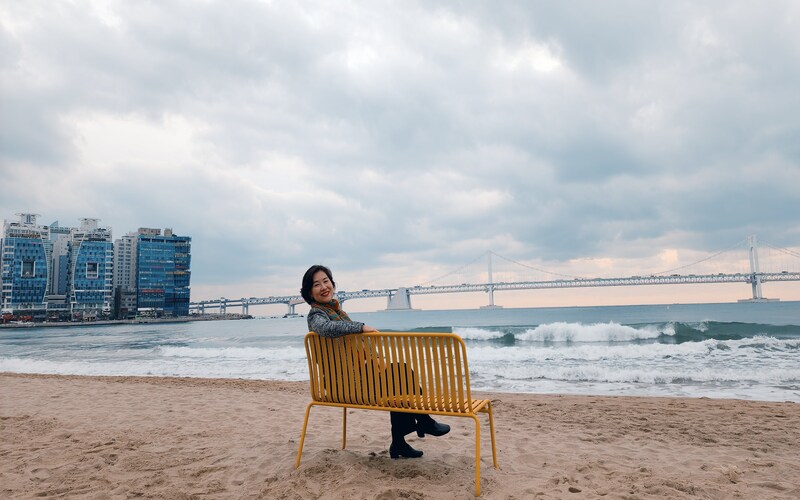
Every corner of Busan tells a story, and in every alley lies an opportunity to discover something new: unique seafood flavors, colorful art-filled streets, bustling markets, and festivals that fill the air with joy. Between the beach and the mountains, the markets and the temples, visitors find themselves on an unforgettable journey. If you’re looking for a destination that blends the blue of the sea, the charm of the mountains, and the pulse of the city... you’re definitely looking for Busan.
On Monday, May 19, 2025, I had the honor of interviewing Ms. Choi Eun-suk, who introduced herself by saying:
“I was born and raised in Busan, and to this day, I hold a deep love for its sea. As a high school principal with an academic background in Korean language and literature and advanced studies in counseling psychology, I’ve always been drawn to the power of words and the depth of human emotions. This city—full of warmth, loyalty, and bold spirit—is not just my hometown but an integral and proud part of my identity.”
Through photos taken by Ms. Choi herself—of places like Haeundae Beach, Gwangalli Coast, and more—she took me on an enchanting tour of Busan, a city that offers a unique blend of modernity and tradition, inviting you to discover a warmer, more colorful side of Korea.
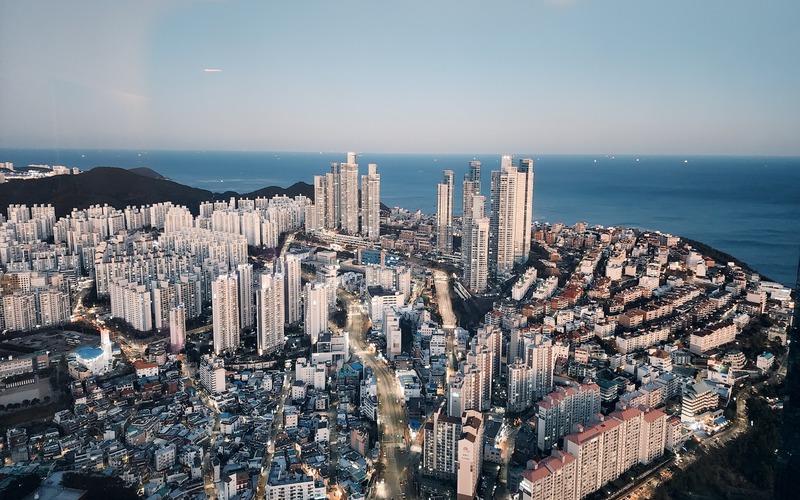
We know Busan is one of Korea's most beautiful cities. What sets Busan apart from other Korean cities in terms of tourism, and what are the most notable attractions?
Busan is Korea’s second-largest city and is distinguished by its strong coastal identity. Unlike cities like Seoul, which lean toward an urban character, Busan offers a unique mix of stunning beaches, mountains, and diverse natural landscapes. The rich marine culture, seafood cuisine, and traditional markets are among the city’s main attractions. Busan provides a wide range of tourist experiences—from the vibrant energy of city life to the serenity of beach holidays.
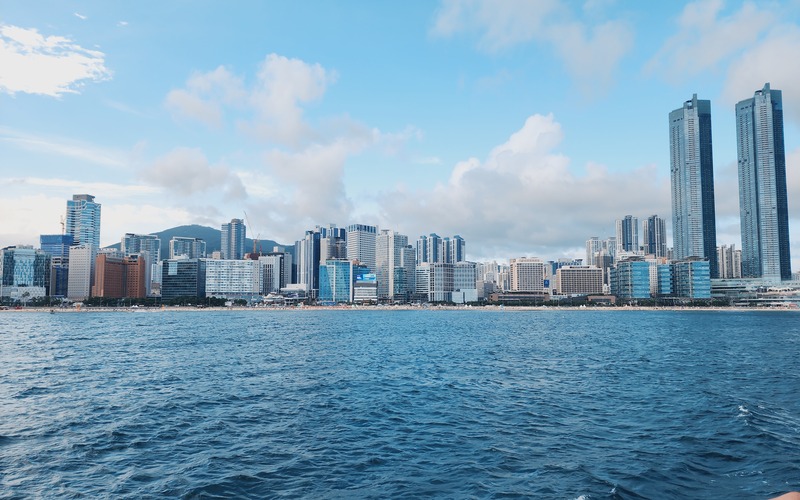
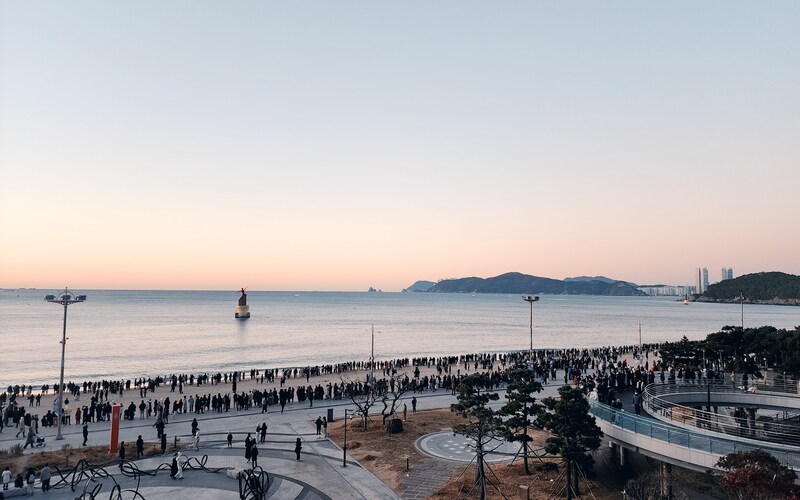
The top attractions in Busan include:
• Haeundae Beach: The most famous beach in Busan, especially crowded during the summer.
• Gwangalli Beach: Known for its scenic views of the Gwangan Bridge, beautiful both day and night.
• Busan Tower: Offers stunning panoramic views of the city.
• Jagalchi Market: The largest seafood market in Korea, where visitors can sample and purchase fresh fish.
• Taejongdae Park: A natural park overlooking the sea, ideal for nature lovers.
• Gamcheon Culture Village: Known for its colorful houses and artistic vibes, perfect for photography enthusiasts.
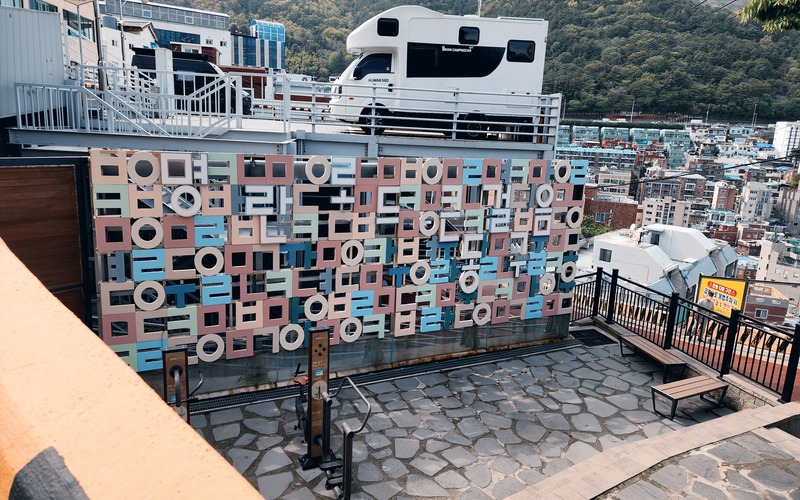
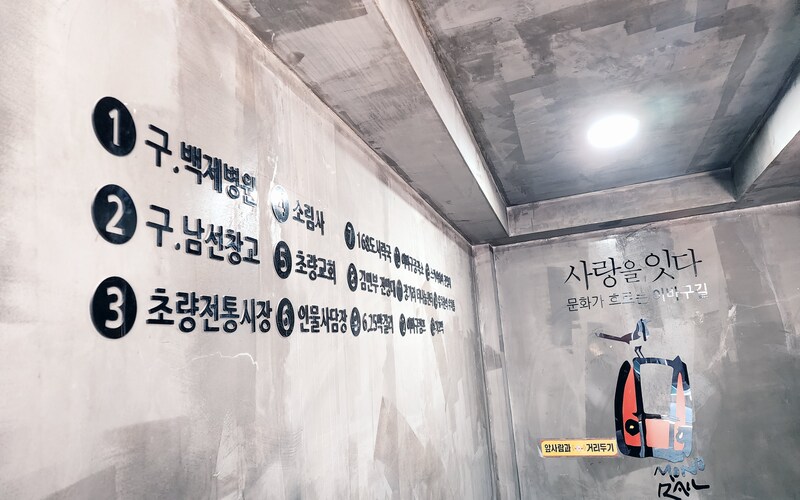
Busan is known for its beautiful beaches, especially Haeundae Beach. Could you describe it in detail and mention other places foreign tourists enjoy visiting in Busan besides Haeundae?
Haeundae Beach is the most famous beach in Busan, celebrated for its clean white sand and stunning views. It’s packed with vacationers in the summer, yet remains a favorite year-round. The beach area includes luxury hotels, restaurants, and cafés that offer comfort and services for visitors. Additionally, it hosts numerous sports activities, festivals, and events, making it a lively destination.
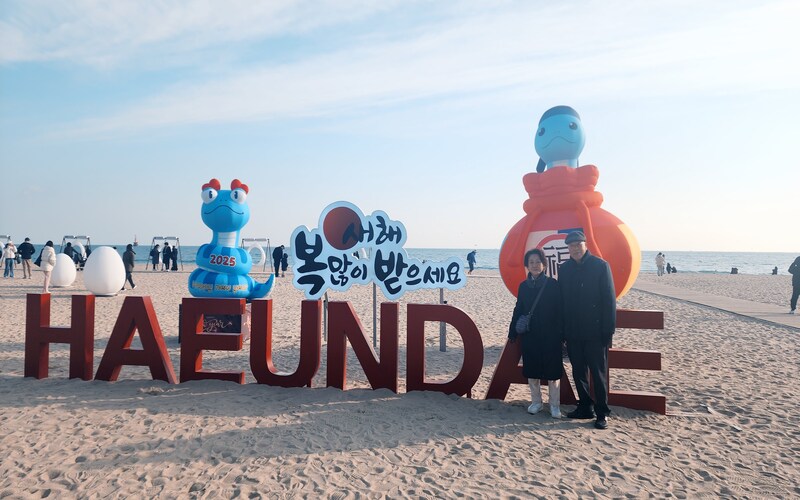
Other popular spots among foreign tourists include:
• Haeundae and Gwangalli Beaches for their natural beauty and vibrant atmosphere.
• Jagalchi Market to experience local seafood culture.
• Gamcheon Culture Village for art, photography, and exploration.
• Taejongdae Park for breathtaking natural landscapes.
How would you describe the development of tourism in Busan in recent years? Are there historical or traditional sites worth visiting?
Busan’s tourism has grown significantly in recent years through infrastructure improvements, international event hosting, and expanded tourism options. Events like the Busan International Film Festival (BIFF) have drawn global attention. Modern transportation and accommodations have also made visits more convenient and comfortable. The city is investing in sustainable tourism and expanding maritime attractions, enhancing its appeal both locally and internationally.
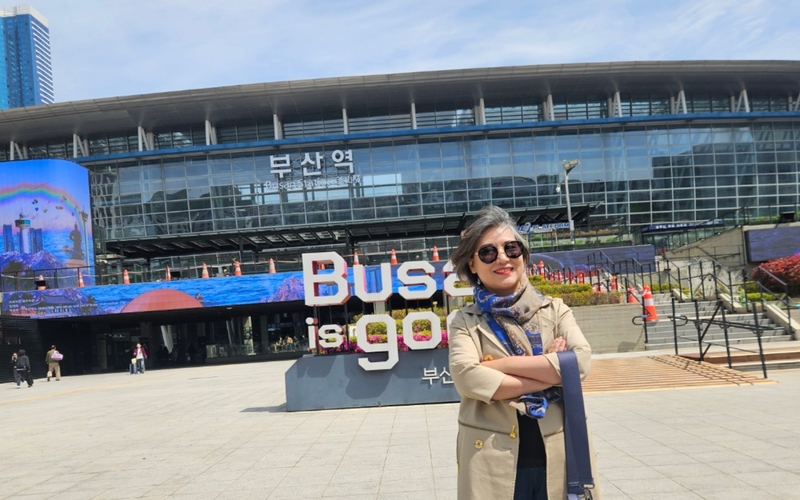
Busan has several sites reflecting its historical and cultural heritage, including:
• Dongnae Eupseong Fortress: A historical site in Dongnae District.
• Busan Museum: Offers a comprehensive overview of the city's history and culture.
• Haedong Yonggungsa Temple: A seaside Buddhist temple known for its beauty and tranquility.
• Busanjinseong Fortress: A historic fort from the Joseon Dynasty era.
How can tourists experience local culture in Busan, and how available are services in English?
Tourists can experience Busan’s culture by:
• Visiting Jagalchi Market and immersing in the local seafood scene.
• Attending the Busan International Film Festival and exploring Asian cinema.
• Exploring traditional markets like Gukje Market and sampling local street food.
• Joining events such as the Fireworks Festival or the Sea Festival.
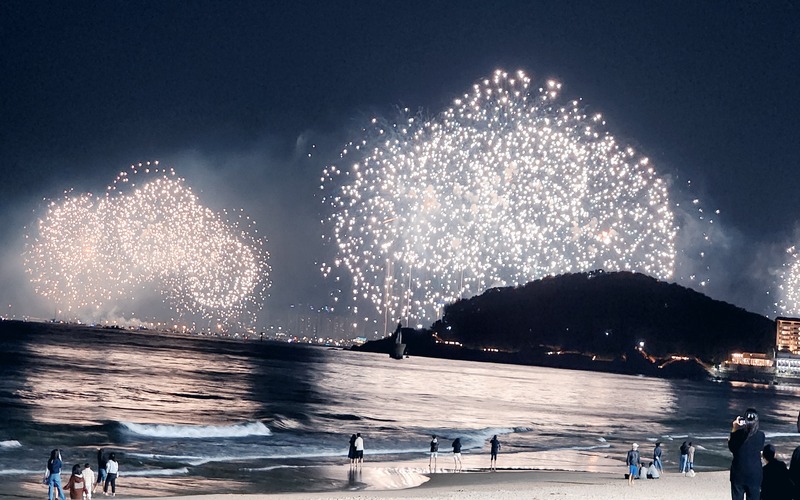
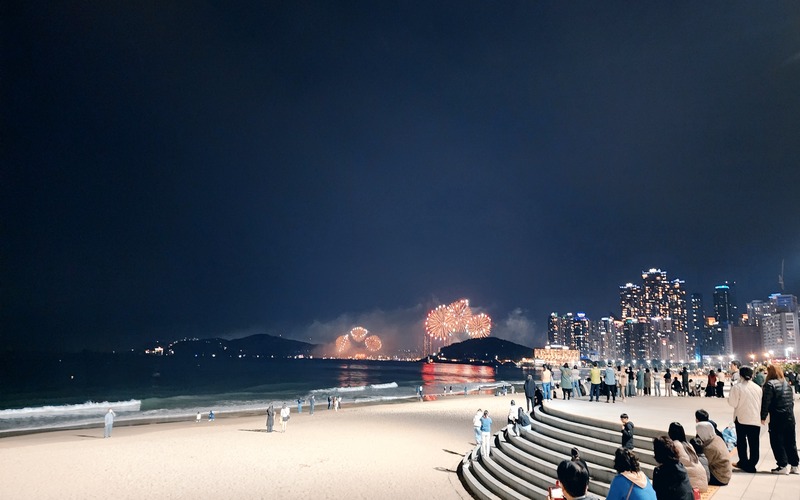
As for language services, Busan offers many English-language services at major tourist sites, hotels, and restaurants. There are also English signs and tourist information at transport stations and centers. Arabic, however, is less commonly used. Generally, English is well-supported in tourist areas.
At the end of this inspiring interview, I realized that Busan is not just a typical tourist city, but a living canvas that pulses with diversity and beauty—where blue waves embrace mountain peaks, and bustling modernity meets the quiet soul of the past. It’s a city that offers more than just a visit. So, if you’re thinking of traveling to Korea, don’t make Busan your second choice… make it your first destination. Because Busan simply teaches you how to live in the moment—and leaves a mark on your heart that never fades.
Keywords: Busan, tourism in Korea, Haeundae Beach, Jagalchi Market, Korean culture, Busan attractions, Gamcheon Village, Busan International Film Festival, Republic of Korea, Korea.net
How about this article?
- Like0
- Support0
- Amazing0
- Sad0
- Curious0
- Insightful0


